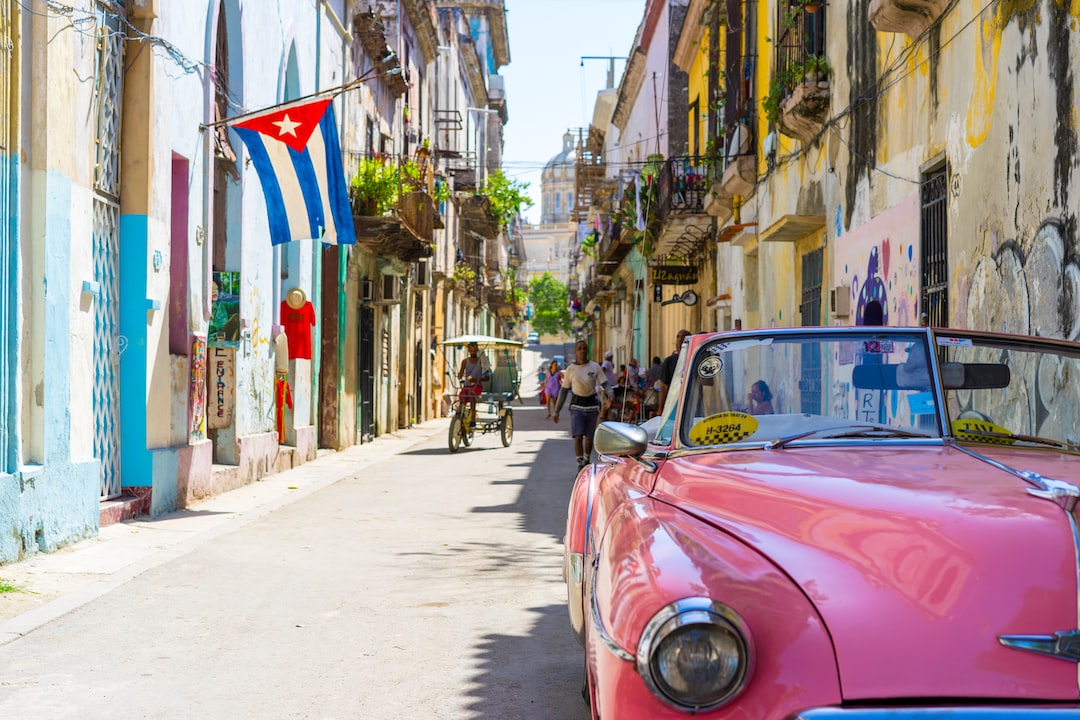Media plays a pivotal role in shaping public opinion and influencing social change. By covering issues that affect marginalized and oppressed groups, media can create awareness and mobilize people to demand social justice. In particular, media can bring to light the inequities and injustices that exist in our society, amplify the voices of those who are often silenced, and hold those in positions of power accountable for their actions.
Media coverage can play a powerful role in promoting social justice by highlighting the stories and experiences of people who are often excluded or marginalized. For example, media platforms can cover the experiences of marginalized communities, such as the African American and the LGBTQIA+ community who have been subjected to social injustice for decades.
Through the power of story-telling, media can help people understand the complexities of social justice issues and relate to the experiences of those who are directly impacted by them. By shining a spotlight on these issues, media can create a sense of urgency and inspire action – whether it be through public protests, or by influencing policymakers to enact change.
However, media coverage doesn’t always reflect a nuanced understanding of social justice issues, and sometimes the media can perpetuate the very injustices they are trying to expose. For example, depictions of people from marginalized communities in media can often reinforce negative stereotypes and contribute to prejudice and discrimination.
Moreover, media platforms such as social media can be used to spread fake news, which can distort public understanding of social justice issues and make it harder to find solutions. In such a case, the role of the media would be to promote social justice by standing up for truth, and prioritizing accuracy and credible sources.
The media’s role in promoting social justice should not be limited to reporting news and providing information. Media should also play a vigilant and ethical role in challenging narratives that promote injustice and discrimination. In doing so, they can help repair the damage done by false and polarizing narratives and promote healing and social harmony.
Moreover, media organizations can also promote social justice by taking steps to ensure that their own actions and practices are just, inclusive and equitable. For example, media companies can prioritize hiring and promoting diverse staff members, and ensure their writer’s room and editorial boards have minority representation to ensure a diverse perspective when reporting social justice issues.
In conclusion, media plays an essential role in promoting social justice. Through its coverage of social justice issues, it can bring about awareness and promote public action. However, media needs to be responsible by providing accurate and unbiased information, ensuring it is not propagating social injustice through demonizing minorities or silence regarding crucial issues. Additionally, the media should ensure that their organization’s practices, policies, and agendas are aligned with promoting inclusive and equitable environments and promote diversity in their staff.
